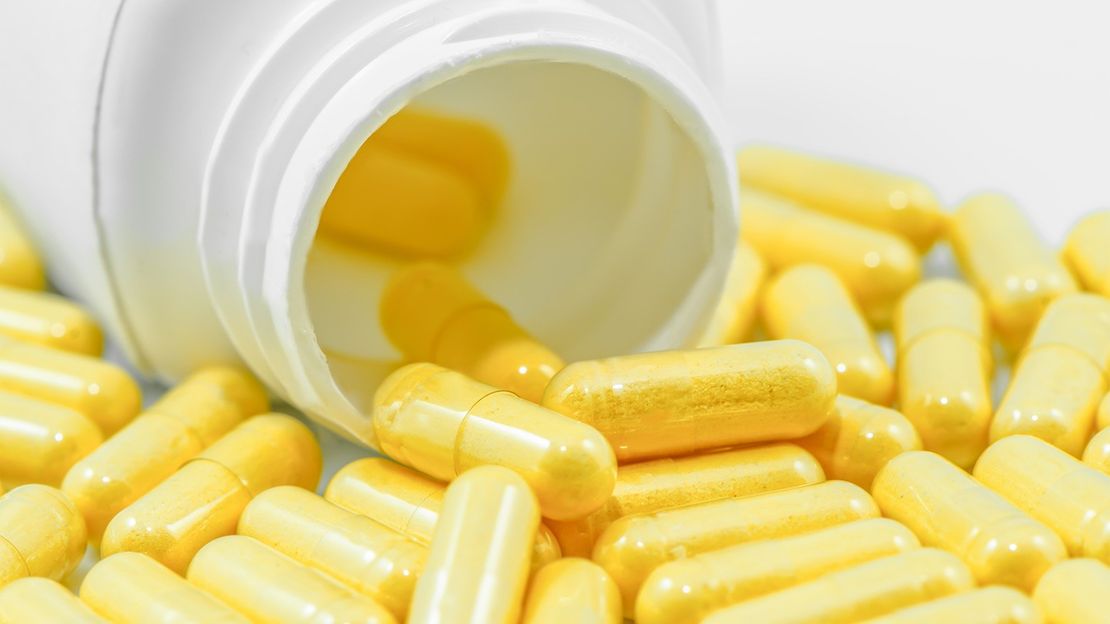CoQ10 is an antioxidant made by our bodies that helps in the metabolizing of cellular energy and oxygen utilization. It’s one key player in the Krebs cycle that keeps our mitochondria healthy, protecting and fueling our cells. CoQ10 is found all throughout the body, with higher concentrations in the heart, liver, and kidneys, where its energy-creating properties are in higher demand. Age and certain types of medicines — notably statins — reduce the amount of this important element in the body.
CoQ10 is particularly commended for the ways it supports heart health, contributing to maintaining healthy cholesterol levels and healthy heart muscle functioning. In a study published in Cardiology Journal, researchers found beneficial effects for patients at risk for heart failure. Working with subjects from six European countries, researchers put one group on 300 mg of CoQ10 and a control group on a placebo for two years. The researchers found improved results for the group supplementing with CoQ10. The difference in mortality was also significant: 9 percent for those who’d been supplementing versus 20 percent in the placebo group. Those in the CoQ10 group were also less likely to be hospitalized for heart failure.
Another study also found that when patients were given CoQ10 within 48 to 72 hours of experiencing a heart attack, they experienced better outcomes and fewer episodes of arrhythmia and angina pectoris.
Two researchers in England, David Mantle and Iain Hargreaves, in their review of a number of studies of the impact of CoQ10 on longevity, highlighted research that showed a correlation between CoQ10 and improved health outcomes as well as reduced mortality by 50 percent for people with heart disease and the elderly.
Studies indicate its importance for people with diabetes, where CoQ10 is believed to help with glycemic control and vascular function. Noting that patients with reduced renal functions show low levels of CoQ10, one research study suggests that patients with kidney disease might also benefit from supplementation.Another area where supplementing with ubiquinol might have an impact is on healthy liver functioning. The liver is an important site of metabolism for CoQ10. This might explain why those with liver disease are often also vulnerable to heart conditions.
Other research has suggested that the benefits of CoQ10 may also aid in counteracting Parkinson’s disease, neurodegenerative diseases, migraines, muscular dystrophy, diabetes, breast cancer, and rebuilding cells after chemotherapy.Fibromyalgia patients have been shown to be deficient in CoQ10. There’s a significant body of research supporting the restorative effects of topically applied CoQ10 on skin in anti-aging treatments, further reinforcing the argument that this critical antioxidant works by promoting mitochondrial function and increasing cellular energy as well as providing a substantial reduction of DNA-damaging oxidants.

